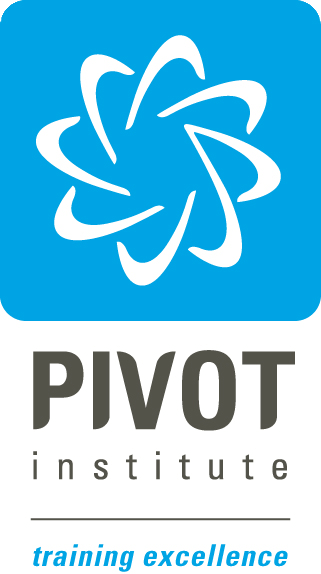Time can be thought of as the most valuable resource we have. It is not like money (although both seem to be a limited resource). It cannot be stored in the bank for later use. We cannot ‘make’ more time, but most people, even those with good time management skills can benefit from time management training.
Effective use of time is essential if you want to be able to achieve your goals. People who are skilled time managers are the highest achievers in all walks of life.
‘Time is the most valuable thing a man can spend’ – Laertius Diogenes
In order to make the most of our time we must have effective time management. This involves organising ourselves to manage the time available to our best advantage. It depends upon:
- Our personal organisation
- Our ability to delegate
- How we prioritise what must be done
- Our interest in making the best possible use of the time available to us.
Many people have busy lives and trying to juggle the competing demands of work, home and other activities can be exhausting. We sometimes may feel that we are achieving less and less, and juggling the competing demands on our time becomes increasingly difficult.
We need to start by examining how we use our time – and this is done by examining the information collected from a time audit. A time audit will show you how long you spend each day on tasks that are not moving you forward. Do you really know how much time you spend checking your emails, looking at the net, talking to colleagues. Do you set aside time for long term planning?; Do you plan your day to what time of the day you are most effective?; When do you work best?
Step 1: Time Audit
To truly analyse your time usage you need to keep a logbook of time for a typical seven days. If you are serious about looking at your time usage you must undertake a time audit.
Step 2:
This log (Example shown in Figure 1.1) will show you how you spend your time. Most people who are very honest in their time log are shocked at the amount of time that they waste. When using the time log you need to carry it with you and enter in your activity every half an hour! Our memory is very poor and if we look back and record we will record the ½ hour for lunch not actually the 47 minutes we really took! Be honest with yourself.
Use your time audit to identify your main categories of activity. Try to make your categories as specific as possible (e.g. not just ‘work’) otherwise you will find it difficult to draw any conclusions.
Step 3
Based on the information collected in steps one and two of your time audit, complete the following table
Some people may have found it easy to identify how they spend most of their time and any associated problems. If you found this difficult, ask yourself the following…
- Did you have a plan for the day?
- Did you have priorities for tasks to be done?
- What were your major interruptions?
- After an interruption, how long did you take to get back on track?
- Did your workday consist of a variety of types of work e.g. routine/creative?
- What could have been done better?
Once you realise where your time is being spent then you can set realistic goals on what you can do to improve your time management. ‘Take care of your minutes, and the hours will take care of themselves.’ – Lord Chesterfield
Pivot Institute Copyright 2013
